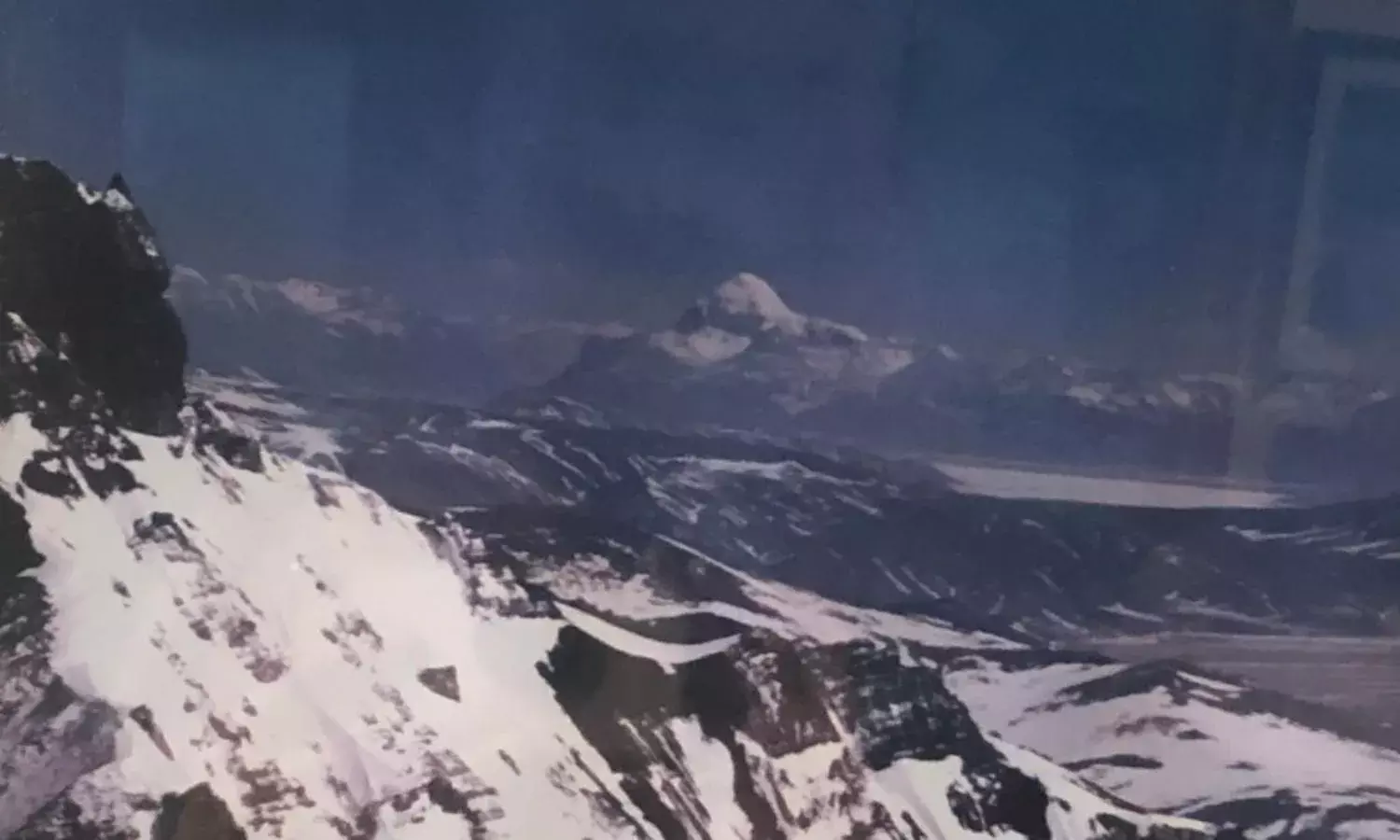India Needs to Stem Slide in Relations with Nepal
Strategic importance

For some time now relations between Nepal and India have been strained. More recently Nepal has raised objections to the road to Lipulekh Pass (at the tri-junction of China, India and Nepal) constructed by India for the convenience of pilgrims going to Kailash Parbat in Tibet. According to the Nepalese government the road passes through their territory, in the area of Kalapani. Some in India believe that Nepal has taken this stance at the instigation of China.
A Bill related to this new alignment of the boundary as delineated in the map has been unanimously passed by the Nepalese Parliament, which shows Lipu Lekh Pass and Kali Pani as part of that country. Though as per the Sugauli Treaty of 1815, the boundary between the two countries runs along the Kali Nadhi, (also known as, ‘Kali Ganga’) which originates from the Lipu Lekh Pass and is to the East of Kala Pani.
Whereas Nepal takes the boundary to be aligned along the tributary of Kali Nadhi which starts from Linkia Bhura in Uttarakhand and passes through Kalapani, which is on the route to the Lip Lekh Pass. Along this route, India always had a border police post at Kalapani. Nepal’s Prime Minister asserts that he will take this area back from India.
Unfortunately India’s own shortsighted foreign policies drove Nepal into China’s lap. China has gained considerable influence in Nepal, which have far-reaching and grave implications for India’s security and economic wellbeing.
A number of rivers flow into India from Nepal and their waters can be controlled, and there is an open border between the two countries. China is building a railway line from Lhasa to Kathmandu and further up to the boundary with India. Once China’s influence further increases in Nepal, management of this open border with India will create a range of new problems.
No one need make light of the emerging security scene and spread of Chinese influence along India’s periphery. The Maoist movement in Nepal has had a spillover effect in boosting developments in the Red Corridor within India.
The merging of Maoist cadres into the Nepalese army is a matter of some concern for India, which recruits its Gorkha soldiers from Nepal. India’s Gorkha soldiers while on leave in Nepal, will often be interacting with Nepalese soldiers and that has its own implications. In addition there are a few million Nepalese residing in India.
At some future date, if China moves into Nepal, the security scene for India will be nightmarish. Unfortunately India’s foreign policy has never been linked with national security interests.
Our foreign policy, has been ignoring the imperative of creating friendly environments on our periphery and grossly failed to adjust to the emerging threats. Our investments in the field of diplomacy and financial assistance to Afghanistan will soon come to naught once America completely pulls out of that country and Taliban regain power, with the active support of Pakistan. Some of the terrorist groups operating there are likely to be redeployed against Jammu and Kashmir.
We also extended financial aid to Mongolia, rather than countries on our immediate neighborhood. The end result is that instead of India, it is China which, has these countries in its sphere of influence. Then there is this string pearls policy of China.
The only country on the country’s periphery with which we have good relations is Bhutan in whose security we have a stake. China has occupied Bhutanese territory at Doklan and is believed to be pouring money to win over the political class in the state.
There is perhaps a compelling requirement to recast our foreign policy and start with Nepal.
It is a land locked country and its dependence on India is for all manner of help and support is too obvious to miss. We need mend our ties with Nepal.
Nepal’s link with China is across high mountain ranges, whereas with India it is across open country. Nepal best interests lie with India and not China. The sooner Nepal is made to understand this basic point the better it would be for both the countries. Nepal’s strategic value for India is paramount and we must strive to build mutual trust and bonding. India must extend all possible financial help to Nepal to bring about development and prosperity in that country.
Cover Photograph: Rare view of Kailsh Parbat from Lipu Lekh Pass taken by the writer in 1988 when he was Chief of Staff with Central Command.
Lt General Harwant Singh is retired from the Indian Army.



